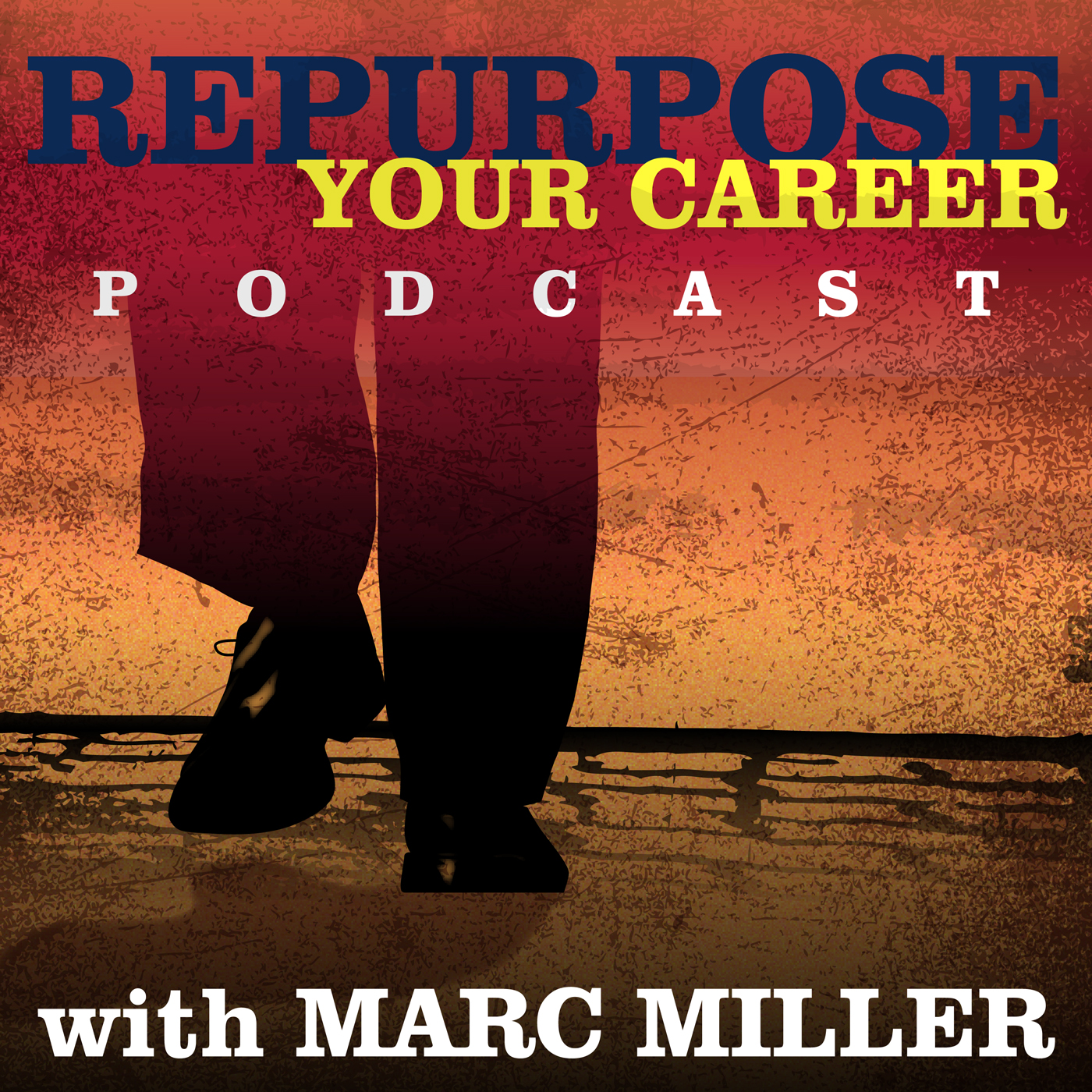Find a Problem to Solve?

I have had a number of discussions with clients and client prospects in the past year about finding a problem to solve rather than looking for that next job.
As many of us reach the end of a career, we start looking for what is next. Our natural instinct is to look for that next job but what many of us need to do is find that next problem to solve.
Are you mission driven?
I was having a discussion with a gentleman the other day. He is very mission-driven! Every career move he has made was to go solve a problem that had a purpose. It was obvious to me that he needed to find the next problem to solve.
He does not just need another problem to solve but a problem that has meaning or that will affect the world for the better.
Does this sound like you? Are you mission driven?
Multipotentialite
He is also probably a multipotentialite. A multipotentialite is someone who has many interests and is not driven by any single interest. They are also referred to as scanners, slashers or generalists because they are always looking for that next thing. I am a multipotentialite as I have changed jobs frequently and heck I am on my 7th career.
Does this sound like you? Are you a multipotentialite?
Multipotentialite and Mission Driven
This gentleman is reaching the end of his current job in that he is getting fed up with the politics and personalities. He is not going to be let go, laid off or fired but the job is really wearing on him. He is also about 3 years into the job, which is typically when he has either solved the problem and started to get bored or it is apparent that management would not let him solve the problems the way he wants to solve them.
This combination is an issue that I completely recognize because I have encountered it multiple times in my career.
What is the solution?
Step #1 is an unusual step that is abhorrent to mission-driven people: stop caring about your current job.
WHAT??
It is not about stopping doing a good job. Do the best job you can. Just stop caring whether it is good enough for your superiors and others. If your best is not good enough for them, then let them go &*^%* themselves.
It is about letting the politics roll off your back. When people start to gossip, just leave. It is all about improving your frame of mind to get to step #2.
Generate a List of Problems
What are the world problems that you would like to work on?
Maybe it is not having enough clean water in the developing world? Could it be the lack of education of women around the world? (By the way, the more education women attain, the fewer children are born.)
What are the national problems that you would like to work on?
Would you like to work on educational reform nationwide? A hot topic is immigration reform. How about sustainable food chain?
What are the local problems you would like to work on?
How could you change policy as it relates to affordable housing or the economic impact of drought or flooding on the local economy? How about the accessibility and impact of the high-speed Internet on impoverished communities?
Think big and do not filter based on the size, scope or perceived difficulty to solve the problem.
Prioritize and Research the Problems
Make a prioritized list of the problems based on what gets you excited. The order does not need to have any logic other than what excites you.
Start researching the top 3 problems that you want to solve.
Stay away from how to solve the problem but understand what the real issues are and who is affected. I have worked with a few people on this and the problems they identified were problems to them but not to anyone else or were in areas that they did not understand the history or background.
I have particularly found this to be true with problems in public education and state/local tax policies. You really need to do your research and get out to talk to people who are involved in these issues. This will not happen overnight and you have to stay focused on what gets you excited.
Identify Organizations
Next step is to identify organizations that address the problems you would like to solve.
From 2004-2006, I taught high school math in an inner-city high school in Austin, TX. When I left the teaching profession, I was in my very late 40s and I really wanted to affect the path of public education. I interviewed every non-profit that was involved in education in the central Texas region. Notice, I said I interviewed them as I wanted to understand how they worked.
I learned the following:
- All were grant funded and the funding dictated precisely how the money could be spent
- Each had a very narrow focus
- The organizations did not cooperate because of #1 and #2
- Most were almost exclusively looking for people with traditional higher education credentials (MEd)
I found a couple of organizations that impressed me out the list of a dozen but neither was addressing problems that I wanted to focus on. I had no interest in going back to school to get a Masters degree. Throughout my career, every time I got excited about getting a higher level degree, I would go home, get a beer and forgot about it. I hated my college experience and going back would have been excruciating.
One possibility was to create an organization by myself or partner with someone with the proper credentials. I decided to move to the next problem. I have kept the idea of running for the local school board at some time in the future.
Rinse and Repeat
Once you have exhausted your ability to research a problem, and then identify target organizations to find potential solutions, you will want to move down your list.
When I was doing this, I was unemployed and that stress was a major inhibitor to being able to properly work this process.
This why step #1 is so crucial to this process. This takes time and you need to stay on top of your emotions.
Are you ready to find the next problem to solve?
Marc MillerLike What Your Read? Get Career Pivot Insights
Do You Need Help With ...

Check out our Help Center where you have access to 14 different content portals.



On the spot Marc. That should be the new attitude-solve a problem teach that in college career centers across the country. As for myself I am trying to solve the problem the lack of college and career preparation hence my blog.